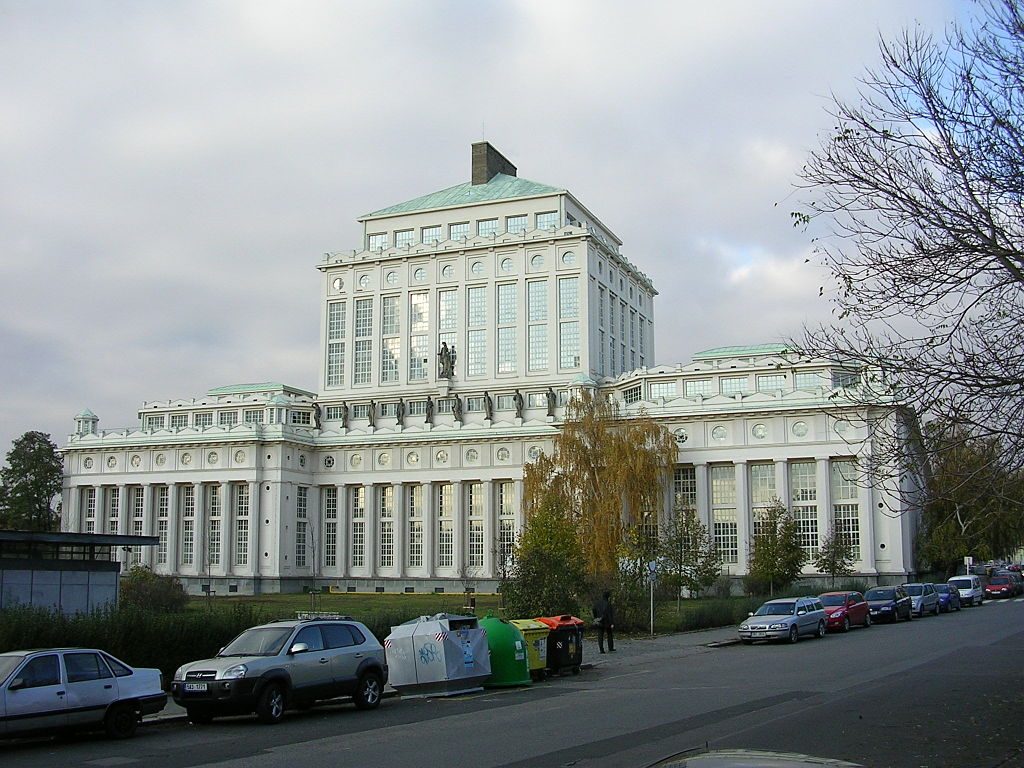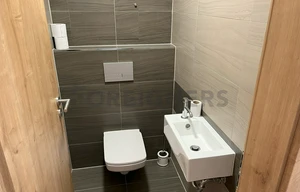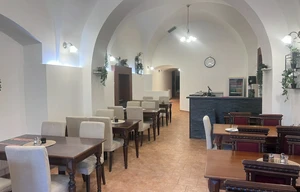Prague is experiencing more outages of its water supply. Extended heat and drought due to climate change is a key reason, as it damages underground pipes. Last year, the number of outage incidents exceeded 5,000 for the first time, and so far this year is on track to be even higher.
The Prague Water
Supply and Sewerage System (PVK) has registered 2,992 incidents so
far in 2019 until the end of July. In the first seven months of this
year, almost 200 more have water failures occurred compared to the
same period last year, according to a PVK press release.
PVK spokesman Tomáš
Mrázek said the high number is due to climatic conditions.
“Long-term heat and drought, like long-term frosts, cause soil
pressure to increase on the buried pipelines and thus damages them,”
Mrázek explained.
The exact location
of the damage can’t be predicted in advance, and little can be done
to prevent it.
Category I
incidents, where more than 1,000 customers or strategic buildings are
without water, so far this year has reached 45, while last year there
were 26 in the first seven months
Information on incidents can be monitored by customers on the PVK website in the section “havárie.” Information in Czech includes when the situation should be resolved and where water trucks are located, if any. The expected impact on the supply of drinking water is listed. Outages can also be reported over the same website.

People can also get
free informational SMS messages to alert them of problems in their
area. These messages can be activated online, from a customer service
line or in person at a PVK office.
People with certified disabilities can get water delivered during an outage from either the PVK or the Red Cross. The project has been in place since 2015, and is available in Prague 2, Prague 3, Prague 4, Prague 5, Prague 6, Prague 7, Prague 8, Prague 12, Prague. 13, Prague 14, Prague 15, Prague 16, Prague 20, Prague 22 and Březiněves. It is available if an outage lasts more than five hours.
The packaged water
in sealed bags comes from the Káraný waterworks. Containers of 100
two-liter bags are tracked with GPS chips from production to
delivery,
People who are not
eligible for delivery have to go to trucks, with their own buckets of
bottles.
Separately, the
Želivka water plant is being renovated with a new state-of-the-art
filtration system. It supplies not only Prague but Central Bohemia
and part of the Vysočina region. During the renovation, the plant
will supply only 1,000 liters per second instead of the normal 3,000
liters per second.
The output will be
supplemented by water from the Káraný waterworks. If needed, the
Podolí waterworks may also be used. It ceased operation in 2002
after the floods. Water from Podolí was used again in 2011 and ’16,
when there was also construction at Želivka. Podolí relies on old
technology, and its operation costs more than modern plants. The
plant is a registered landmark.
Water from Podolí
comes from the Vltava river. State public health officials say that
after purification it meets all acceptable standards. Some other
experts, though, say the quality is more variable than water from
other plants.
PVK supplies water
to 1.3 million inhabitants of Prague and 206,000 inhabitants of the
Central Bohemia region. The length of the water supply network,
including connections, is 4,402 kilometers.
PVK invests about 1
billion CZK in its renewal annually. The Prague Water Management
Company (Pražská vodohospodářská), which is the owner of the
system, puts another 2.2 billion CZK into maintenance. It is a joint
stock company owned by the capital.












 Reading time: 3 minutes
Reading time: 3 minutes 






























